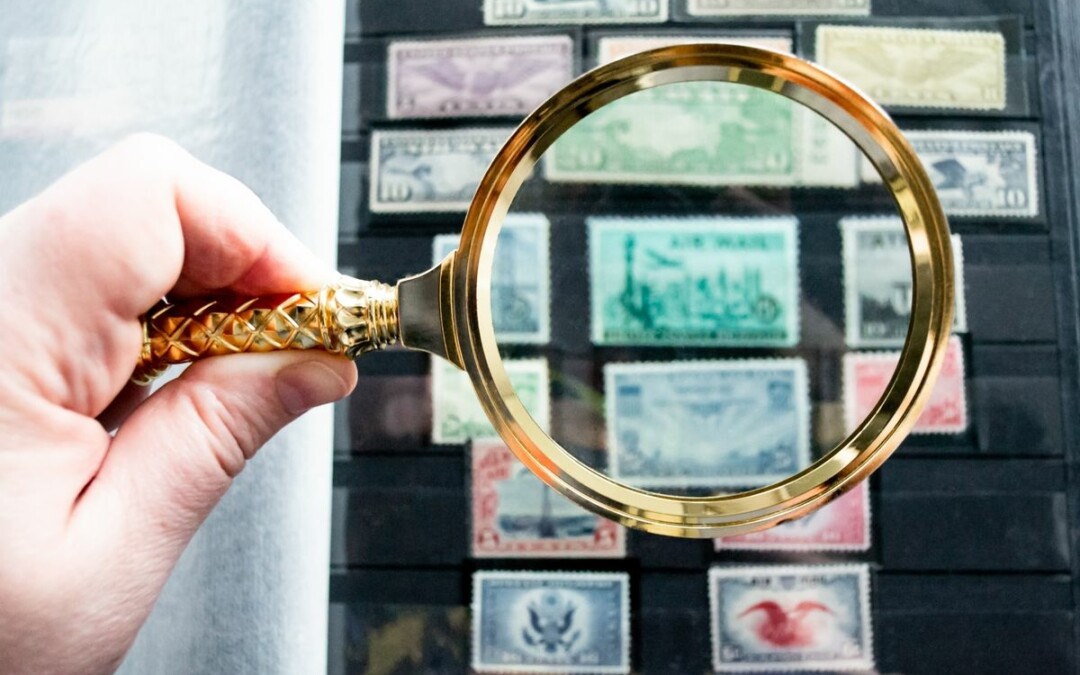Collectibles are more than hobbies for many Georgia residents. They’re investments. They’re treasures. They’re part of a legacy. Including collectibles in your estate plan is essential. Here’s why.
1. Understanding Collectibles in Estate Planning
Collectibles encompass a wide range of items, from art and antiques to stamps, coins, and memorabilia. In Georgia, these items are not just hobbies; they often hold both sentimental and financial value. Including them in your estate plan is about more than legalities; it’s about preserving what matters to you. It’s about recognizing that these items are part of your history, your passions, and your legacy.
2. Accurate Valuation
The value of collectibles can fluctuate significantly over time. Accurate valuation is crucial for estate planning. It affects how taxes are calculated and how inheritance is distributed. Professional appraisals ensure that the fair market value is determined, reflecting the true worth of the items. Regular updates to these valuations are necessary to keep them current, especially in a state like Georgia, where laws and market conditions may change.
3. Tax Considerations
Georgia’s tax laws are specific and must be carefully considered when planning for collectibles. These items may be subject to estate or inheritance taxes, and proper planning can minimize these tax burdens. By understanding how Georgia’s tax laws apply to your collectibles, you can maximize benefits for your heirs and ensure that you are fulfilling all legal obligations.
4. Preserving Sentimental Value
Collectibles often carry sentimental value that goes beyond their monetary worth. They tell stories, hold memories, and represent significant moments in life. Including them in your estate plan ensures that they go to the right hands, preserving family history and honoring your legacy. It’s about more than possession; it’s about the emotional connection and the stories these items tell.
5. Avoiding Family Conflicts
Family conflicts over collectibles are unfortunately common. Clear instructions in your estate plan can prevent these disputes. By specifying who gets what and explaining why, you can maintain family harmony. Open communication is key, allowing family members to understand your decisions and respect your wishes.
6. Leveraging Investment Potential
Collectibles can be valuable investments. Their value may grow over time, and proper estate planning considers this potential. Aligning your collection with your overall financial goals protects these assets. It’s a strategic move that recognizes the investment potential of collectibles, ensuring that they are handled wisely for Georgia residents.
7. Ensuring Proper Care and Maintenance
Collectibles often require special care and maintenance. Whether it’s a rare painting or a vintage car, these items need attention to preserve their value. Your estate plan should address this, allocating resources for upkeep and specifying care instructions. It’s about respecting the value and uniqueness of your collection, ensuring that it continues to be cherished.
8. Legal Compliance
Georgia has specific laws and regulations related to estate planning. Compliance with these laws is essential to avoid legal complications. Proper documentation, understanding of Georgia’s legal landscape, and guidance from an experienced estate planning attorney can safeguard your interests. It’s about doing things right, legally and ethically.
9. Charitable Giving Options
Some Georgia residents choose to donate their collectibles to charitable organizations. Including these intentions in your estate plan opens the door to supporting causes you care about. Georgia offers specific tax incentives for charitable giving, making this an attractive option for many. It’s a way to leave a positive impact and contribute to something bigger.
10. Creating a Legacy
Collectibles are more than just objects; they are part of your legacy. They reflect your passions, interests, and values. Including them in your estate plan is a statement of what you value and what you want to pass on. It’s about creating a lasting impression, a legacy that reflects who you are and what you stand for.
How to Include Collectibles in Your Estate Plan in Georgia
- Inventory Your Collection: Detail all items, including descriptions, values, and any special considerations.
- Get Professional Appraisals: Engage certified appraisers familiar with Georgia’s market. Update valuations regularly to reflect market changes.
- Consult with an Estate Planning Attorney At Brian M Douglas & Associates: We’re an expert in Georgia law to guide you through the legal complexities of estate planning.
- Specify Instructions: Detail who gets what, including care and maintenance instructions. Be clear and specific.
- Consider Tax Implications: Work with a tax professional to plan strategically and minimize taxes.
- Communicate with Family: Share your plans and reasoning with family members to avoid surprises and conflicts.
Conclusion
Collectibles are unique and personal. They deserve special attention in estate planning, especially for Georgia residents. From understanding laws and taxes to preserving sentimental value and leveraging investment potential, including collectibles in your estate plan is a multifaceted process.
Embrace the process. Protect what matters. Leave a legacy that reflects you. Consult with a professional attorney at Brian M Douglas & Associates today to have your collectibles incorporated in your estate plan.


